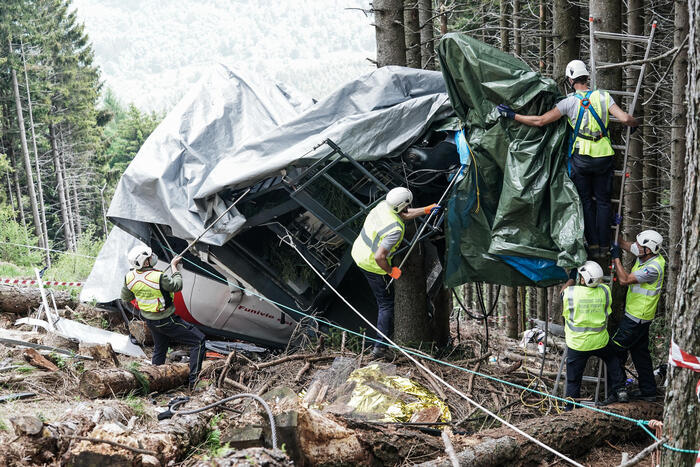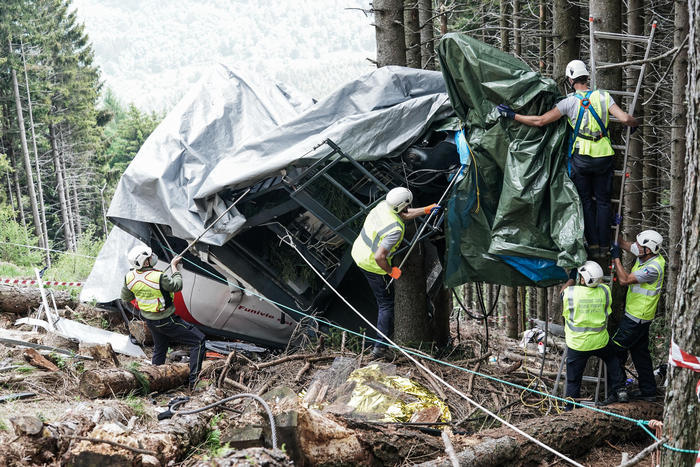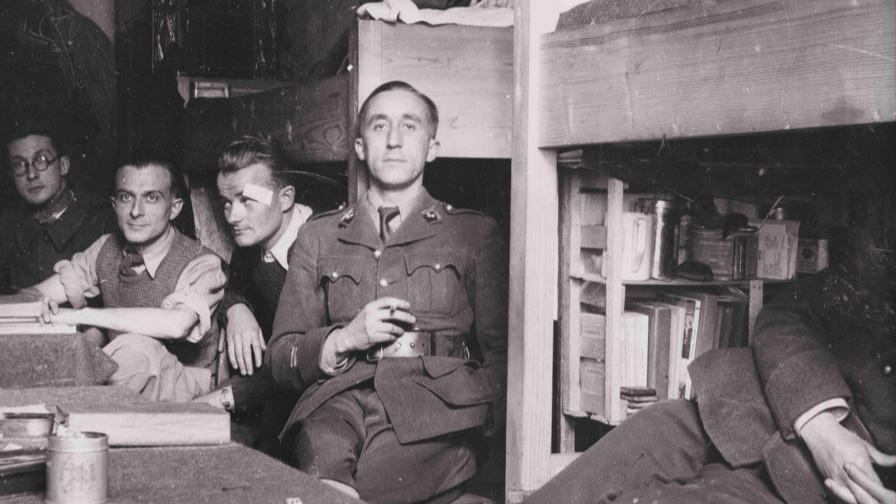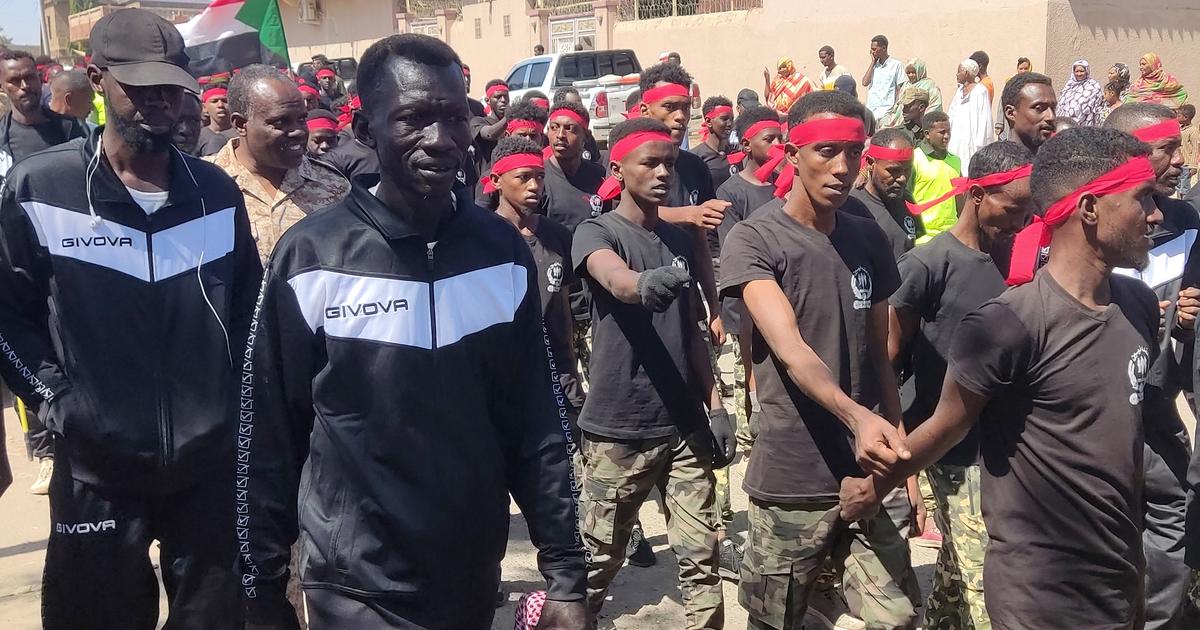Kim Jong-Un has achieved what many people, myself included, thought impossible: he has lasted a full 10 years in power as the totalitarian leader of North Korea, an anachronistic communist state from another era that, if history is anything to go by, years it should have collapsed.
Like when the Soviet Union collapsed in 1991. Or when North Korea's founding father, Kim Jong-un's grandfather, died in 1994. Or maybe when as many as two million North Koreans died as a result of the devastating famine in late of the 1990s. The death of the second Kim in 2011 and the rise of the third Kim, a fat and low-skilled millennial, was also another clear turning point.
However, that millennial, Kim Jong-un, has resisted all forecasts: the skepticism of the old generals of his regime;
the blatant contempt of his one true benefactor, Chinese leader Xi Jinping;
the "fire and fury" of an unpredictable US president and the debilitating sanctions he imposed on North Korea.
Kim Jong-un has proven to be far more cunning and calculating than anyone anticipated.
In my book
The Great Successor
I show how he used a combination of ruthlessness and strategic calculation to secure his control over North Korea.
During his tenure, the country has already outlasted the Soviet Union.
It is not an easy feat.
But Kim Jong-un, in 2022, faces an existential challenge like no other, one that cannot be circumvented with diplomacy or threatened with ballistic missiles.
It is about the pandemic, which has inflicted far more pain on the Kim regime than decades of sanctions and diplomatic isolation.
North Korea does not have a health care system that can be considered as such.
Once, I went to the Red Cross hospital in Pyongyang, the best hospital in the country (at least the best for the North Korean population, since the Kim family has its own facilities).
It was February and there was no electricity in the hospital.
I was wearing layers of clothing and a padded coat, and I was cold.
Patients sat in flimsy pajamas on their hospital beds.
There was no power to turn on the heating, not to mention the ventilators and other medical equipment.
North Korean doctors have told me the reality of provincial hospitals: there are no drugs, not even paracetamol;
there is no anesthesia or surgical gloves;
there are no salaries for medical staff.
Instead of caring for patients,
This was the reality of life in North Korea when the coronavirus appeared in neighboring China in early 2020. Knowing that the system would never be able to cope with the kind of scenes that were taking place in central China, North Korea immediately closed its borders.
So even before Wuhan was locked down, the Hermit Kingdom was hermetically sealed.
His deep-seated paranoia intensified.
More information
A decade infiltrated in the North Korean universe without stopping filming
North Korea has enforced these border restrictions so strictly that the regime has ordered that anyone crossing the border, including animals, be shot immediately, without warning.
This decision meant completely cutting their economic lifeline.
90% of North Korea's trade went to or passed through China.
Kim raises the money for his lavish lifestyle—new Mercedes Benz cars, Swiss watches, jet skis, and decadent meals—through a unit called “Office 39″, which is in charge of making money for the leader.
Officials must raise money by any means possible, legal or illegal.
The regime relies on suitcases of cash carried, often by hand, across the border from China.
And, increasingly, North Koreans had been able to bribe their way into China to earn money the regime knew they couldn't earn at home.
But now there are no merchants going back and forth on the day.
There are no pawns sent abroad to earn money for the regime.
There are no corrupt officials forging lucrative contracts and taking their share.
Many North Koreans who have fled to South Korea are no longer able to send remittances to their families because the usual network of cross-border moneychangers has been restricted.
The United Nations human rights watchdog says these border restrictions have exacerbated shortages of food and medical supplies.
So, how is life in North Korea today, after more than two years of total isolation from the world?
The short answer is that we don't know.
Before the pandemic hit, journalists and analysts — and spy services around the world, too — relied on people coming in and out of North Korea for a glimmer of information.
Diplomats based in Pyongyang described what they saw: the Russian Embassy had a very active Facebook page full of photos, and the British and Swedish ambassadors made frequent comments on Twitter.
Not a trace of diplomacy now remains, not in North Korea or in Geneva or Stockholm or other European cities, where North Korean diplomats sometimes met with their Western counterparts.
Aid workers were allowed to travel to certain parts of the country to provide medical services and supervise food deliveries.
Although they were accompanied by regime officials, they could get an idea of what life was like outside the capital, where the 1% live.
There was a group of intrepid European entrepreneurs trying to set up engineering and medical businesses in North Korea, and there was also the self-proclaimed Spanish envoy, Alejandro Cao de Benós (although I would never consider him a reliable source for real life in North Korea). ).
There were also the merchants crossing into China, and the families defecting from the regime, who could sometimes be persuaded to talk about what was happening in North Korea.
My best information about real life in the country was not obtained by visiting it,
but sitting on the border between Thailand and Laos, talking to people who were on the tortuous escape route from North Korea to South Korea.
We no longer have access to any of that information.
Kim Joon-hyung, a professor of international relations at South Korea's Handong University and a former foreign policy adviser to President Moon Jae-in, said not long ago that these were "darkest" days for a "dark country."
"I think this is an existential threat to them," he told the
Washington Post.
But we know times are extremely tough in North Korea because Kim Jong-un has told us so.
He has repeatedly warned that the country could face another "hard march," which is Pyongyang's euphemism for the famine of the 1990s. Although the regime has sometimes issued this warning in order to obtain humanitarian aid from the outside world, the border restrictions mean that there is every reason to believe that this time it is true, and that Kim Jong-un is preparing the undernourished North Korean population for even harder times.
Last February, a two-hour documentary by North Korean state media mentioned the country's "food crisis" and warned that "the situation is more difficult than ever."
Will this be the crisis that will finally condemn the Kim regime to extinction?
I've learned enough in my years reporting on North Korea to know not to predict its imminent demise.
The regime has often resorted to brutality and repression to stamp out dissent.
But for the sake of the 25 million North Koreans, who are essentially prisoners of the Kim regime, I want to hope that maybe, just maybe, this is the time when they can finally bring about some meaningful change.
Anna Fifield
is a former
Washington Post
Asia correspondent and author of
The Great Successor
(Captain Swing).
Translation of News Clips.
Exclusive content for subscribers
read without limits
subscribe
I'm already a subscriber

/cloudfront-eu-central-1.images.arcpublishing.com/prisa/FPZ7NSTOZQOMPOJLEP57HG4CIE.jpg)







